‘Spiritual national defence 2.0’: how Switzerland and other states are navigating disinformation

The Swiss government is concerned about disinformation and influence in the "grey zone between war and peace". How can the Alpine state navigate the dangers of hybrid warfare – and what are other European countries like Sweden, France and the UK doing about it?
The global political situation has changed in recent years – even for a small, neutral country like Switzerland at the heart of Europe. Alongside conventional threats, the focus is now also on methods “in the grey zone between armed conflict and peace”, according to a Swiss government reportExternal link published last year.
Disinformation and influence operations are “increasingly aimed directly at Switzerland”, while “influence actors” could have an impact in the area of foreign policy and on Switzerland as the host of numerous international organisations.

More
Former US general advises Switzerland to prepare for war
People’s initiatives – a target of disinformation?
Are such actors also targeting direct democracy? “Open, democratic societies can be worthwhile targets for influencing their free debates and democratic processes,” the report states.
In Switzerland, its “system of direct democracy, in which the population regularly takes political decisions” offers “potential social and political fault lines”.
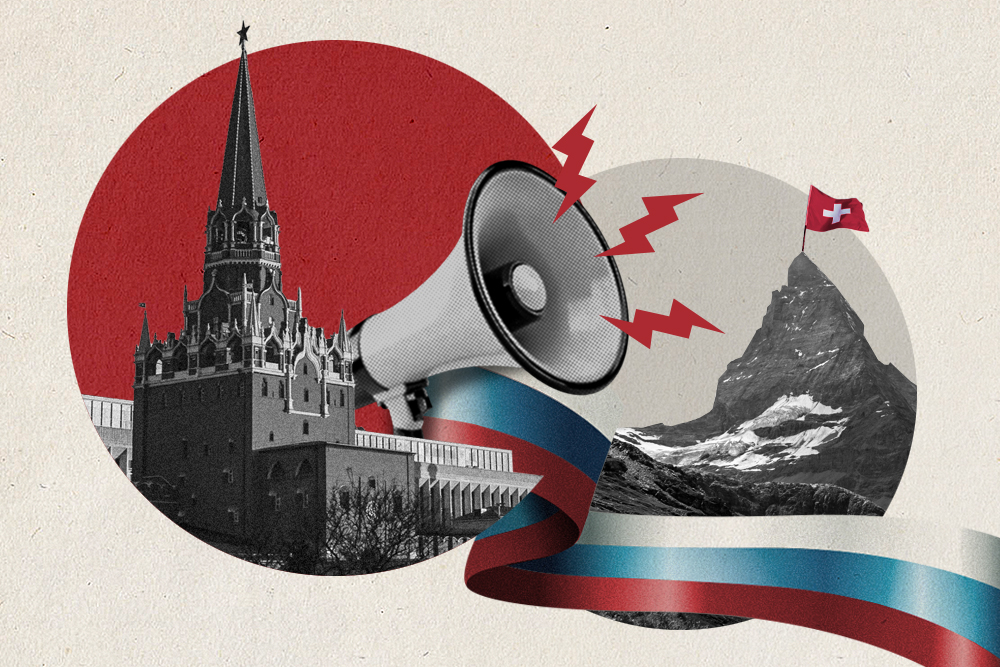
More
How Switzerland is caught up in Russia’s propaganda machine
Concerns about an information war have also reached the Swiss parliament, where several motions on the subject of disinformation and influence will soon be decided. These include a coordination office to combat disinformationExternal link and a possible application for observer status in the G7 Rapid Response MechanismExternal link (G7 RRM). The Swiss government has recommended adopting the parliamentary proposals.
The G7 RRM is an attempt to tackle the problem in an internationally coordinated way. It is a coordination effort of the G7 countries, led by Canada, to meet “diverse and evolving foreign threats to democracy”, the press office said, although they could not comment on the prospects of a possible Swiss application.
According to last year’s government report, the aim of disinformation is to “unsettle, frighten, upset or divide” the population. The disinformation circulated does not necessarily have to be convincing: frequently repeated statements are more likely to be believed, even if it is actually known that they are misrepresentations.
China and Russia of ‘greatest relevance for Switzerland’s security’
The Swiss government’s concerns centre on Russia and China, which are of the “greatest relevance for Switzerland’s security”.
However, how to respond to hybrid warfare is a challenge for liberal democracies like Switzerland.
Governments should not be the arbiters of what is true and what is false, according to espionage and security expert Rory Cormac.
“As soon as governments get involved, it becomes politicised,” he told a British parliamentary hearing in 2024. At the same time, Cormac underlined that foreign powers rely not only on direct channels, but also on networks of organisations and individuals that at first glance do not appear suspicious
The shared responsibility of a country’s political parties and politicians
Cormac told SWI swissinfo.ch that disinformation undermines “trust in institutions, in the media, and in democracy” and is “pernicious and pervasive”. The professor at the University of Nottingham made it clear that whether foreign influence achieves its goal also depends on domestic policy.
According to Cormac, disinformation thrives in an atmosphere of “toxic political debate with scant regard for facts”. What this culture looks like is in the hands of domestic political actors.
Cormac generally viewed the UK election in 2024 positively compared to 2019: “I think the candidates in 2024 were less prone to ‘post-truth’ politics than in 2019, largely because [Boris] Johnson was no longer around.” Although, the ConservativesExternal link repeated “their 2019 trick” in the election campaign: adapting their X account to give the “misleading impression” that it was an “independent fact-checking account”. “That was an utterly irresponsible thing to have done,” said Cormac.

Cormac did not comment on the Swiss threat situation. But for the UK – a non-European Union member like Switzerland – he recognised the importance of a “close relationship with European partners”.
For Cormac, Baltic and Scandinavian countries are an example that others like the UK could look to for guidance. “Finland, for example, emphasises media literacy and has a high level of trust in its public broadcaster,” said the university professor. He said that media literacy has “a clear security dimension” in that it strengthens democratic resilience.
Cormac holds the G7 RRM, in which the UK participates as a G7 country, in high esteem as a coalition against disinformation in general. In this way, they can “try to get ahead of hostile or false narratives quickly if necessary”. In view of the “recent behaviour of the US government”, he expects “turmoil” in the G7 RRM. “It’s difficult to respond to disinformation when false narratives are now being spread by a G7 member,” he said.
‘We have lost our most important ally’
Even in Switzerland – where the government is hoping for constructive cooperation with the US – there are voices that are reassessing the threat situation considering the new US administration.
“We have lost Europe’s most important ally. We are on our own,” Olga Baranova told SWI swissinfo.ch. She said it was an “absolute sea change”, and that Switzerland must now also actively defend liberal democracy.
More
Baranova is the general secretary of the politically progressive Swiss think tank CH++. She believes it is now urgent for Switzerland to take a holistic approach to its security: CH++ advocates responsible digitalisation and an “expanded concept of security”.
At the end of February, she gave a speech to a packed auditorium about a topic that initially sounded more like the past than the future: Baranova is calling for a debate on “spiritual national defence 2.0”.
A ‘spiritual national defence 2.0’ for Switzerland?
“Spiritual national defence was not a programme for peacetime but a programme for times of war, like now,” said Baranova. Spiritual national defence was a leitmotif of Swiss politics from the 1930s to the 1960s that is remembered ambivalently. It was intended to strengthen national cohesion when the different linguistic regions threatened to drift apart in the interwar period.
In this case, the aim was to strengthen Switzerland’s national narrative. “At the beginning of spiritual national defence, people said: ‘The thing that makes Switzerland what it is, is important, and that’s what we’re working on now.’ But at the same time, they didn’t even formulate what Switzerland is all about,” said Baranova, describing this as an “absolute stroke of genius”.

Spiritual national defence led to the creation of Switzerland’s public broadcasting network and the Pro Helvetia, the Swiss Arts Council, in the 1930s, said Baranova. Today, however, it is remembered by many above all for the surveillance of opposition members during the Cold War, as part of the “secret files scandal”.
Baranova hopes that a grassroots-level reinvestment into spiritual national defence from civil society would prevent such excesses.
She said “informed society” should be defended and “democratic resilience” should be established. Also, rituals must be created that unite the country, and the state should invest in defence with a focus on cyber defence. Above all, Baranova calls for Switzerland’s common narrative to be discussed and shaped.
Sweden’s common narrative and ‘agency for psychological defence’
“Voluntary nation”, “diversity”, “morale”, “fortified democracy”: Baranova’s big words strike the listener. But can shared histories and a common identity be part of a security concept in the 21st century?
Yes, according to Leon Erlenhorst, a political scientist and co-author of Putin’s Attack on Germany: Disinformation, Propaganda, Cyberattacks. His book provides an overview of the approaches taken by various European countries in dealing with the new threat situation. In an interview with SWI swissinfo.ch, Erlenhorst proposed Sweden as a positive example: “Sweden’s response to the threat of disinformation is remarkable because it takes a holistic approach.” He said that, as part of “building resilience”, this also includes “the narrative of itself as a strong democracy”.
Of course, narratives alone are not enough. The country also relies on monitoring, educational programmes, which provide information about artificial intelligence and strengthen media literacy, and possible countermeasures. “According to one person in charge, it is possible that servers used to spread disinformation could be shut down using military means,” said Erlenhorst.
Viginum in France
In France, the authorities have created the state-run service Viginum to monitor and protect against foreign digital interference. But it cannot initiate any offensive countermeasures itself.
“Viginum’s purpose since 2021 has been to detect manipulative activities. France is not shy about announcing when it has discovered a major disinformation campaign,” explained Erlenhorst. Viginum does not work like a secret service; it only has access to public sources to document and analyse patterns, and the data is used anonymously.
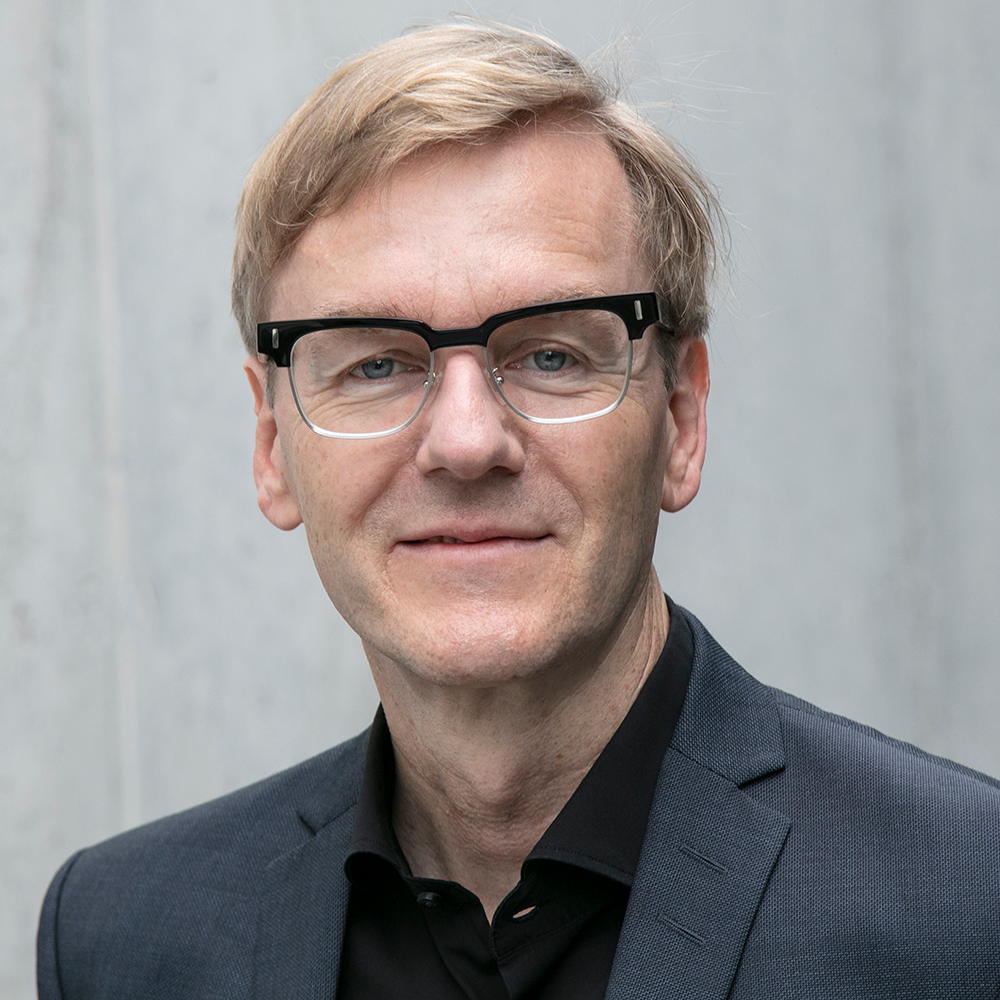
More
Fake news versus facts: the role of international media
But at what point do such measures jeopardise citizens’ freedoms?
“What a Swiss question – but an important one,” said Erlenhorst, adding that this is a sensitive area and that there is always a trade-off. “I think it’s a very small price to pay to use anonymised, publicly accessible data to prevent citizens’ information bases from being manipulated by foreign actors.”
Disinformation targets ‘country-specific fault lines’
For Erlenhorst, “pre-bunking” – the process of debunking lies, tactics or sources before they strike – is a decisive principle for strategies against foreign influence.
False content can be corrected, but proactive action is better than a reaction, he said. He offered an internationally recognised example: “If you outline and publish all information on the effects and risks of a vaccine right from the start.” If citizens only encounter dubious information afterwards, they are less likely to believe the secondary information than if they have never heard of the topic.
Erlenhorst values the role of international projects in combating disinformation. Sometimes the answer can only be international, he noted and cited the European Union’s measures to regulate the biggest social media platforms as an example.
Nevertheless, he believes it is important for every country to determine for themselves how they deal with foreign influence.
“Disinformation campaigns are always aimed at country-specific fault lines,” he declared.
In Switzerland, the debate has begun.

More
Our democracy newsletter
Edited by David Eugster. Translated from German by Katherine Price/sb

In compliance with the JTI standards
More: SWI swissinfo.ch certified by the Journalism Trust Initiative








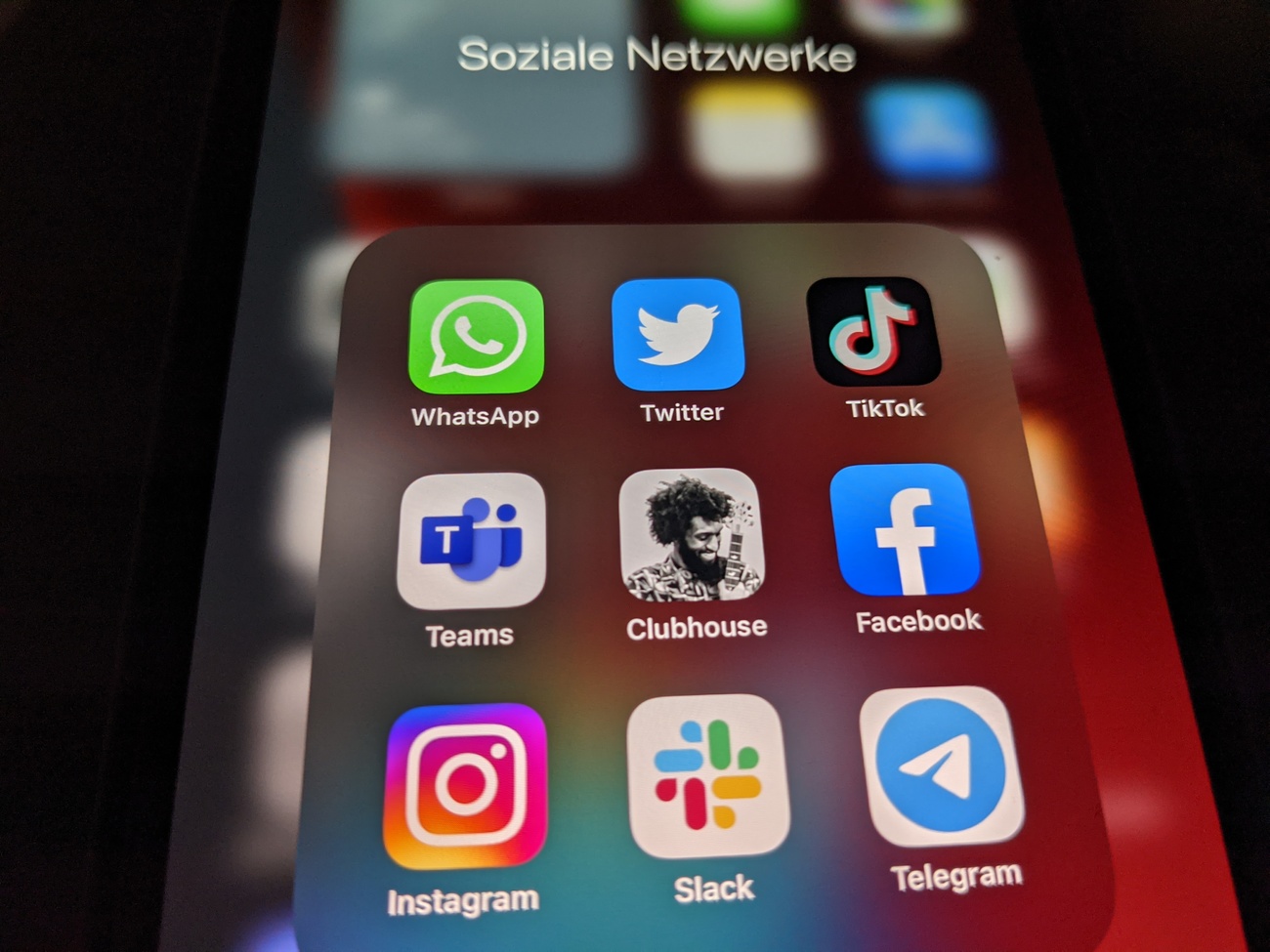

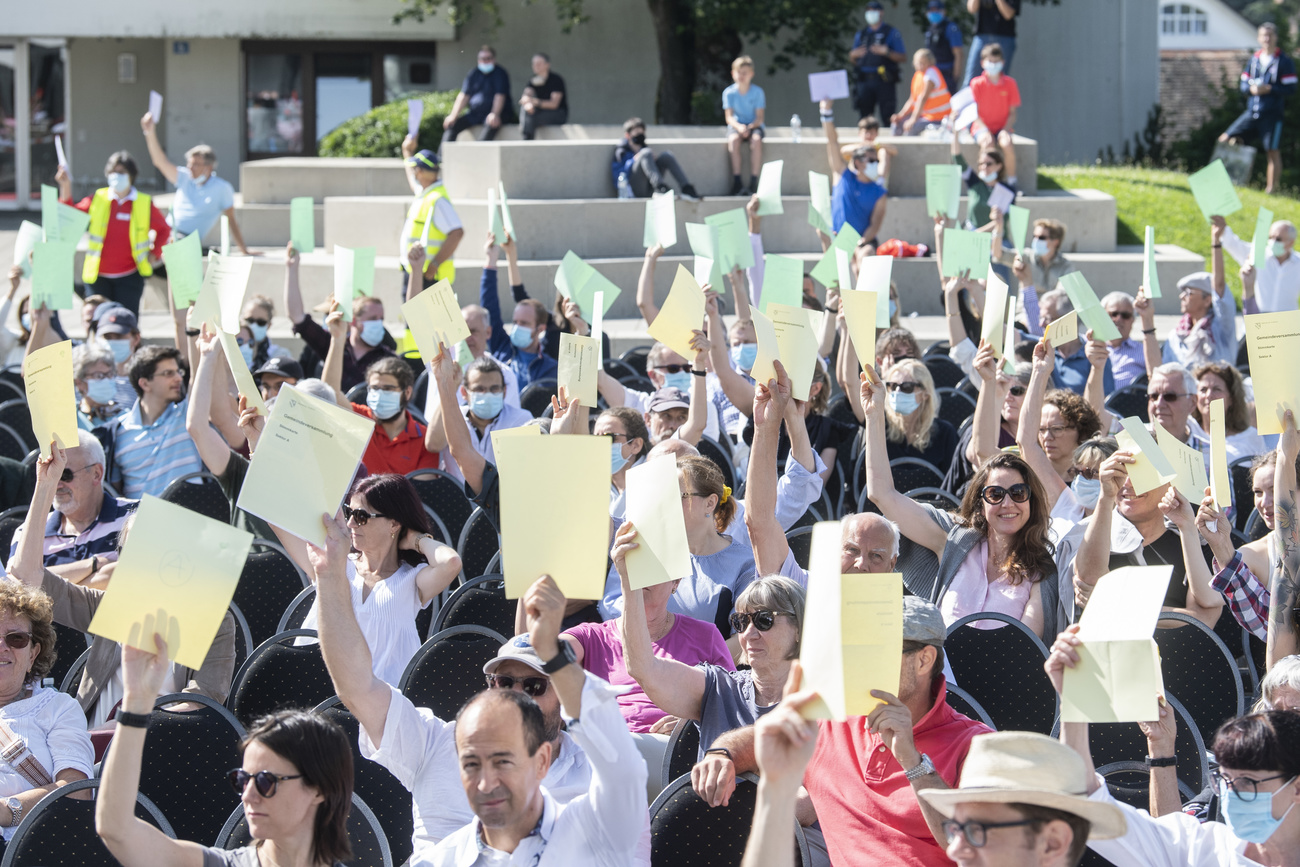
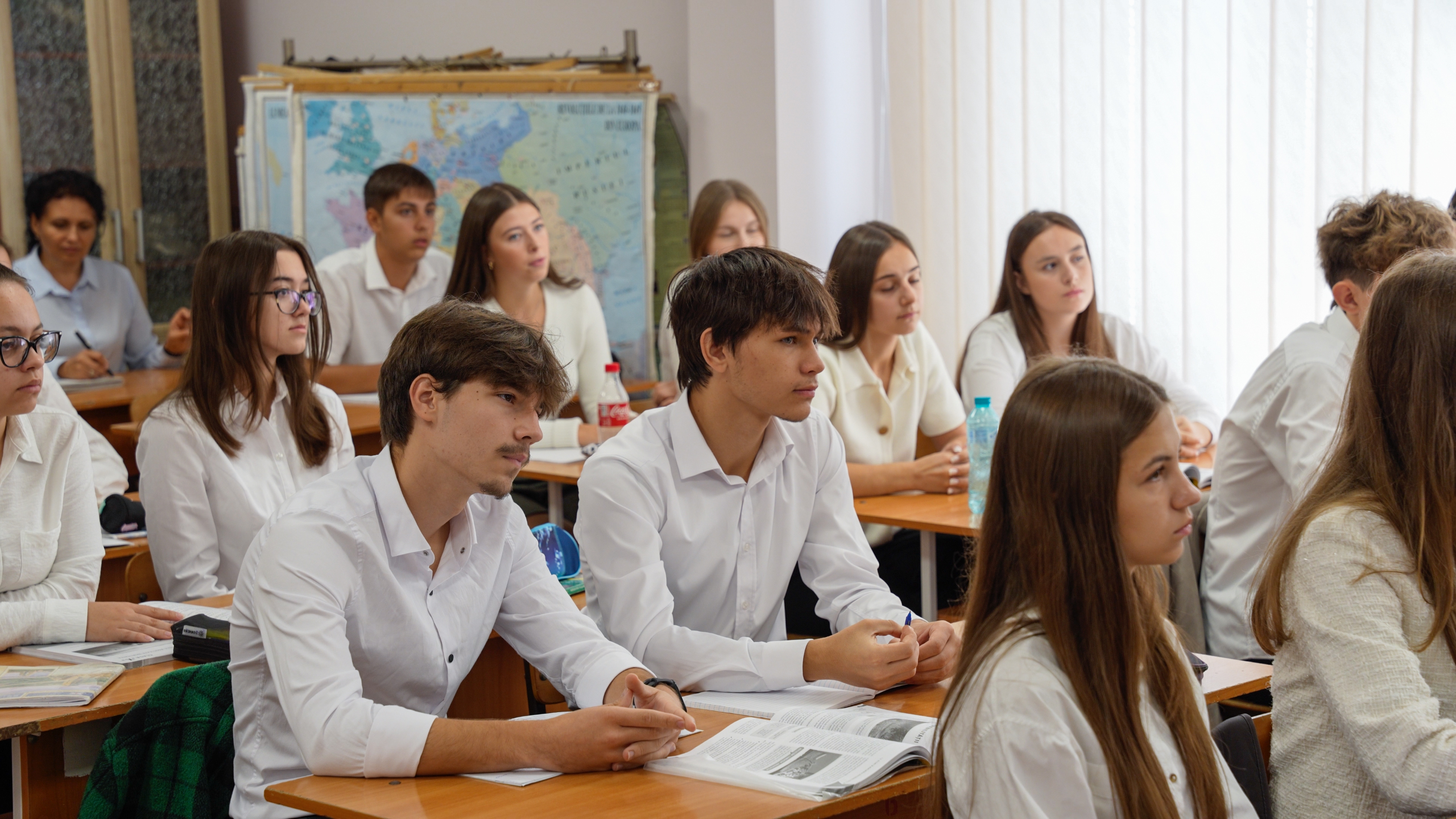
You can find an overview of ongoing debates with our journalists here . Please join us!
If you want to start a conversation about a topic raised in this article or want to report factual errors, email us at english@swissinfo.ch.